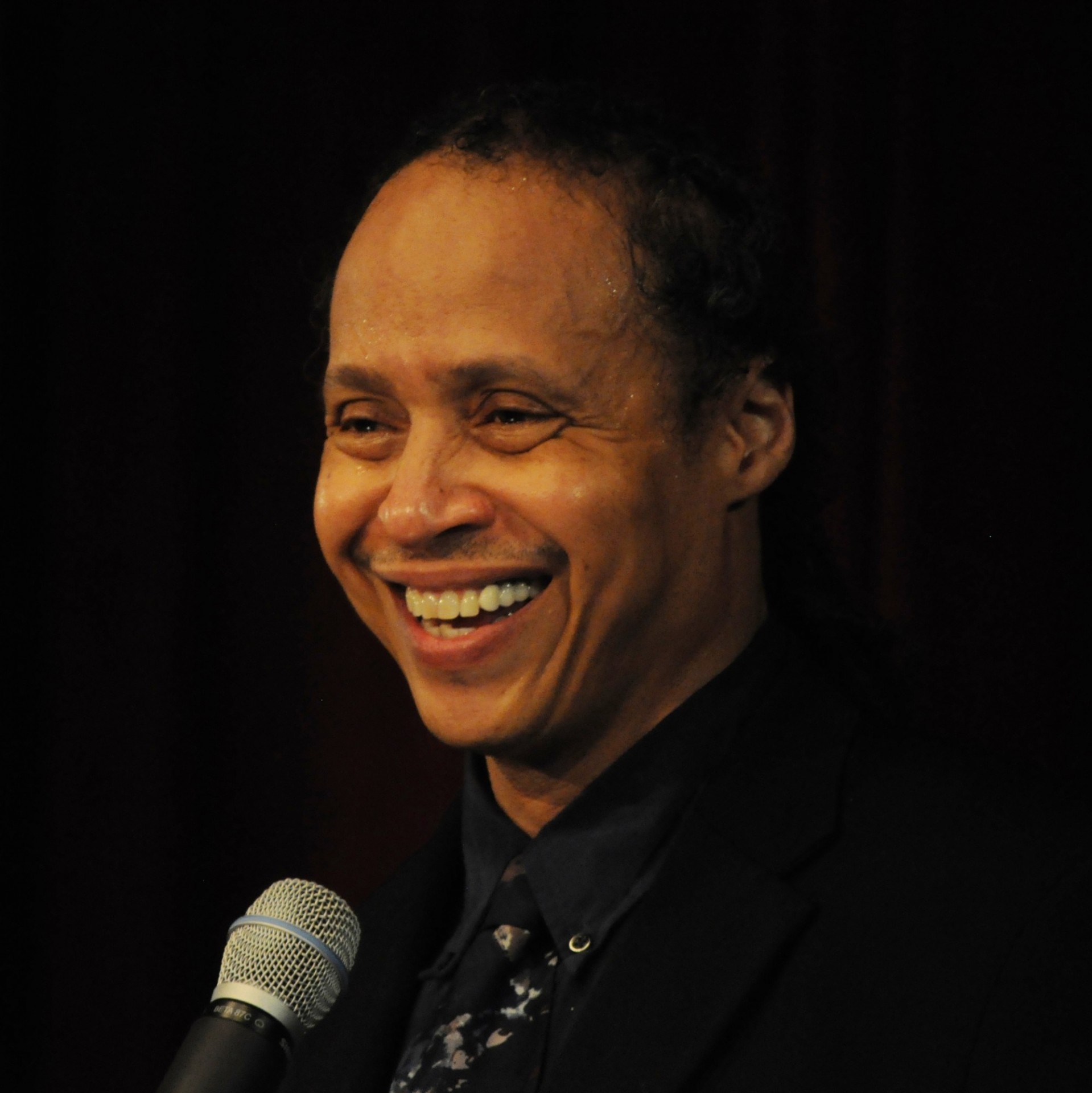The Counts of Monte Cristo

The Office of Government and Community Affairs (GCA) is working in partnership with the Tamer Center for Social Enterprise ReEntry Acceleration Program (REAP) Business Association to provide support for formerly incarcerated people. One part of the program’s marketing strategy is the Counts of Monte Cristo Project, which aims to identify and explore the lives of the 30 percent of formerly incarcerated people who do not reoffend or become reincarcerated.
The ultimate goal of the REAP Business Association and the Counts of Monte Cristo Project is to recruit 200 employers to hire 2,000 formerly incarcerated people for professional or career-track positions by 2020. With this, they hope to bring about a reduction in the stigma associated with hiring formerly incarcerated people and help lower one of the highest barriers to reentry after incarceration: the ability to find stable employment. In order to achieve this ambitious goal, they are working with filmmaker Jamal Joseph from the Columbia School of the Arts to create a documentary profiling 30–50 highly successful formerly incarcerated people.
With funding from the Tamer Center, GCA, and the M&T Bank Charitable Foundation, Joseph is putting together a short documentary that profiles a handful of formerly incarcerated people. This shorter version, which will run between 10 and 20 minutes, will be screened at festivals to raise awareness of the issue and the project’s goals, as well as funds for the longer documentary. Among the people featured in the documentary are GCA Associate Vice President for Strategic Policy and Program Implementation Flores Forbes and former Community Scholar and College and Community Fellowship Executive Director Vivian Nixon, as well as Joseph himself.
In the short documentary, Jamal explores not just the experiences of the formerly incarcerated, but also their perspectives on community and reentry, and their thoughts on prisons and how the system can be reformed. With this broad approach, Joseph hopes to convey the ways and paths through which people were helped to achieve a position from which to succeed; he mentions that common themes that emerged through his first interviews were the importance of education and “having someone believe in them enough to give them a job.” Calling the project “a story of humanity,” he also hopes it can shed light on the ways in which structural poverty, racism, and sexism can lead to overprosecution and overpunishment of crimes.
This article was originally published in the Fall/Winter 2018 issue of The Columbia Newsletter, which is available for download.